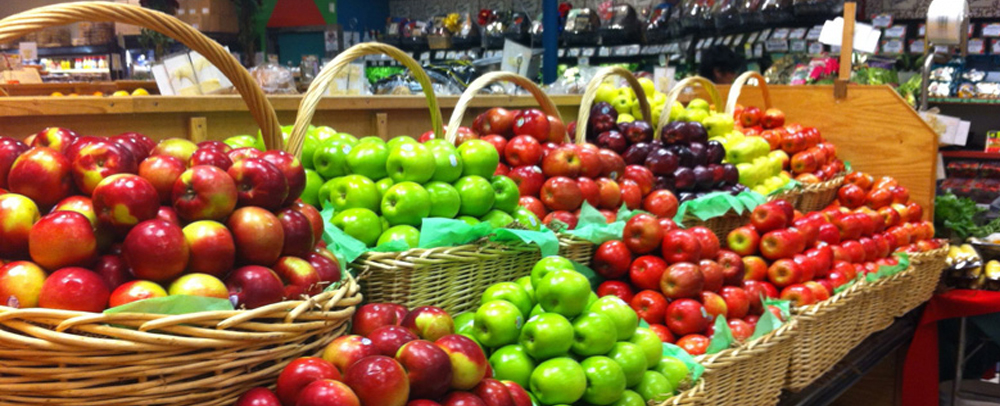
Minimizing Food Loss and Waste for Improved Food Security
Food loss and waste refer to the decrease in quantity of edible food throughout parts of the supply chain that specifically leads to edible food for human consumption. It is an important issue in the efforts to combat hunger, raise income and improve food security in the world’s poorest countries. The global food loss and waste is estimated to be approximately 1.3 billion tons per year. These loss occurs at different stages of the food chain i.e. throughout the supply chain, from initial agricultural production to final household consumption.
Significant loss occurs early in the food supply chain in the industrialized regions whereas in low-income countries,it is restricted to the early and middle stages of the food supply chain. According to FAO report “Global Food Losses and Food Waste – Extent, Causes and Prevention”,on per-capita basis, more food is wasted in the industrialized (95-115 kg/year in Europe and North-America) world than in the developing countries (6-11 kg/year in sub-Saharan Africa and South/Southeast Asia).
Constraints on financial, managerial and technical aspects for improvement of harvesting techniques, storage and cooling facilities in difficult climatic conditions, lack of or low tech infrastructure, packaging and marketing systems in low-income countries compound for food loss and waste. Whereas in medium/high-income countries, consumer behavior as well as a lack of coordination between different players in the supply chain are reasons of food waste and loss. Food is also wasted due to quality standards e.g. food items that are not perfect in shape or appearance or any other similar reason, get rejected. Insufficient purchase planning and expiring (‘best-before-dates’) in combination with the careless attitude of some consumers who can afford to waste food, also add to food wastage.
Food conservation can be achieved by encouraging farmers to organize, diversify and upscale their production, marketing network and infrastructure for better market access and supply in low-income countries. In industrialized countries, this can be achieved by raising awareness among food industries, retailers and consumers. In addition, the researchers, policy planners and different stakeholders along the food supply chain need to focus on ways to reduce food loss and waste in countries of varied economic strata. This can go a long way in alleviating the food security challenge for low-income countries.
Author

AVP in Life Sciences Advisory Group
 Grow Beyond
Grow Beyond 

